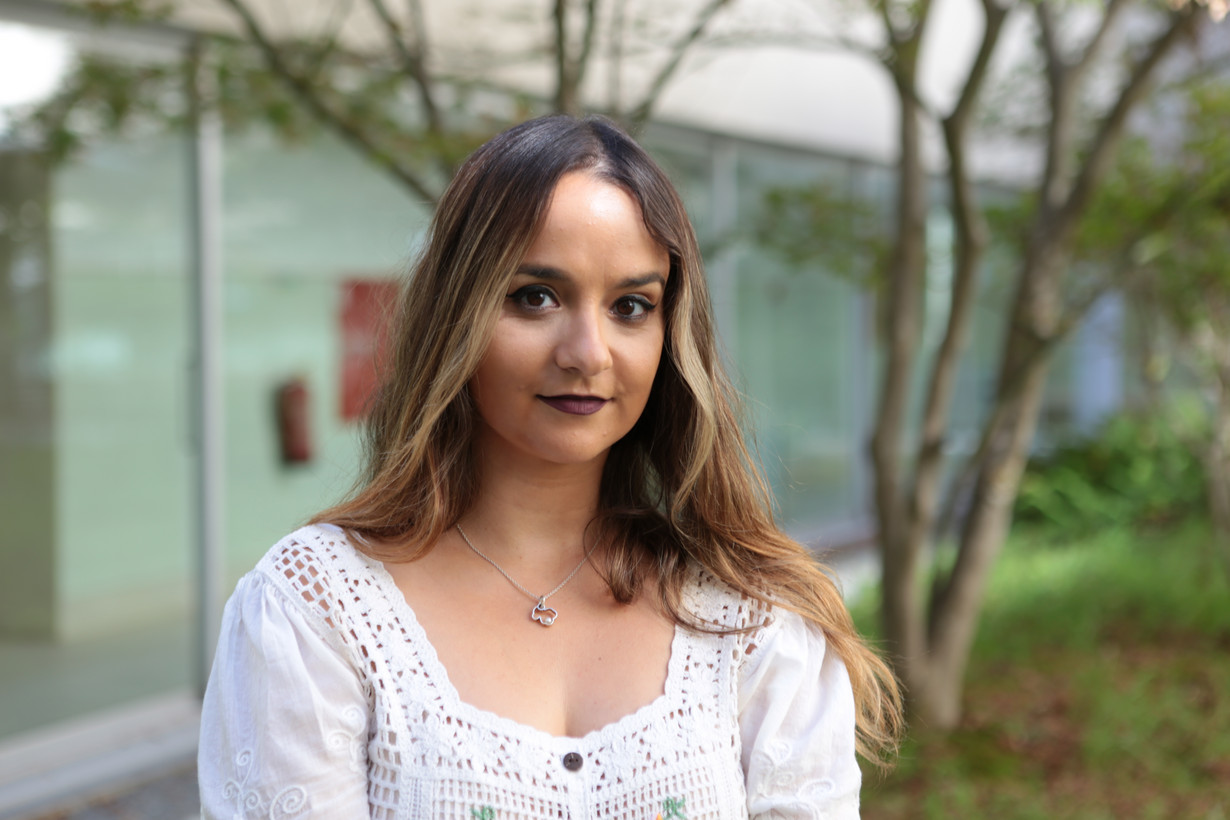
Adriana Cunha is currently a PhD student in Educational Sciences, specialisation in Curriculum Development, at the University of Minho, Portugal, with a grant from the Foundation for Science and Technology (reference2023.01376.BD) under the supervision of Prof. Maria Assunção Flores. She is a junior researcher at the Research Centre on Child Studies. She holds a Master's degree in Teaching Portuguese and a Bachelor's degree in Portuguese Studies from the same university. Before starting her PhD she has collaborated in three research funded projects focusing on i) school leadership, ii) children’s development of multiliteracies and iii) “Digital practicum 3.0: Exploring Augmented Reality, Remote Classrooms, and Virtual Learning to Enrich and Expand Preservice Teacher Education Preparation". She is currently collaboration in the Erasmus project “Equity and diversity in teacher educator professional development”. Her areas of interest focus on curriculum, teacher education, and higher education.
You can view Adriana's poster here
"Becoming a Teacher: Master Degree Students Reflecting on Their Learning Experience"
Teacher education, and particularly practicum, are key for the construction of professional knowledge especially in the context of the global teacher shortage. According to UNESCO, to meet the goal of universal basic education by 2030, 69 million teachers will be needed worldwide (UNESCO, 2023). Portugal mirrors this global trend and will need to recruit more than 34,000 teachers by 2030/2031 (DGEEC, 2021). This critical scenario makes teacher education a central issue in the country's present and future.
Professional learning opportunities during the transition from student to teacher (Flores & Day, 2006) are crucial for the development of teaching and classroom management knowledge and skills, but also for the process of becoming part of a professional community (Marent et al., 2020). As an essential space for professional learning, practicum offers future teachers the opportunity to gain real teaching experience in schools and classrooms under the supervision of a mentor (Farrell, 2008). The role of practicum in preparing future teachers is, therefore, critical (Zeichner, 2012; Valdés Sánchez & Gutiérrez Esteban, 2016), as they provide opportunities to teach and develop essential competencies for the profession (Evagorou et al., 2015; Darling-Hammond, 2017). This idea is corroborated by research findings in the post-Bologna context in Portugal, which views the practicum as a key component of the curriculum in Master's degree programmes in Teaching (Flores et al., 2023), highlighting its importance in the development of pedagogical content knowledge, as well as contextual, educational, disciplinary, and inquiry-based knowledge (Vieira et al., 2019). A recent study focusing on the post-Bologna practicum model suggests that supervisors, cooperating mentors, and students have positive views on the practicum’s contribution to multifaceted professional knowledge and a transformative vision of education based on inquiry (Vieira, Silva, & Vilaça, 2020; Vieira et al., 2021). This process allows for "learning about practice in practice" (Kidd & Murray, 2020), although it is sometimes marked by tensions between "real practice" and the "idealised practice" (Flores & Gago, 2020). As Russell and Martin (2016) argue, if we aim to improve the quality of the practicum, it is necessary to question implicit beliefs about the nature of the school-university relationship and the types of professional learning experiences provided to student teachers. In fact, there is no consensus on what practicum should cover, as seen in the diversity of forms, content, duration, and focus (Flores, Vieira, & Ferreira, 2014). This ambiguity stems from the difficulty in defining a pedagogy of teacher education (Korthagen, 2016), resulting in critical issues in current models, namely the theory-practice divide, the contribution of the different curricular modules to the practicum, the duration and nature of teaching practice, and the role of research (Flores, 2018; Vieira et al., 2019; Vieira et al., 2021). Thus, this study seeks to explore the perspectives of student teachers regarding their first year in the Master's in Teaching. The focus on students’ voices allows for a critical reflection on how teacher education can be better aligned with their needs and the demands of the teaching profession. By assessing the quality and effectiveness of initial teacher education and identifying areas for improvement, the findings have the potential to inform the curricular design of initial teacher education, in particular within the process of restructuring of teacher education in Portugal.